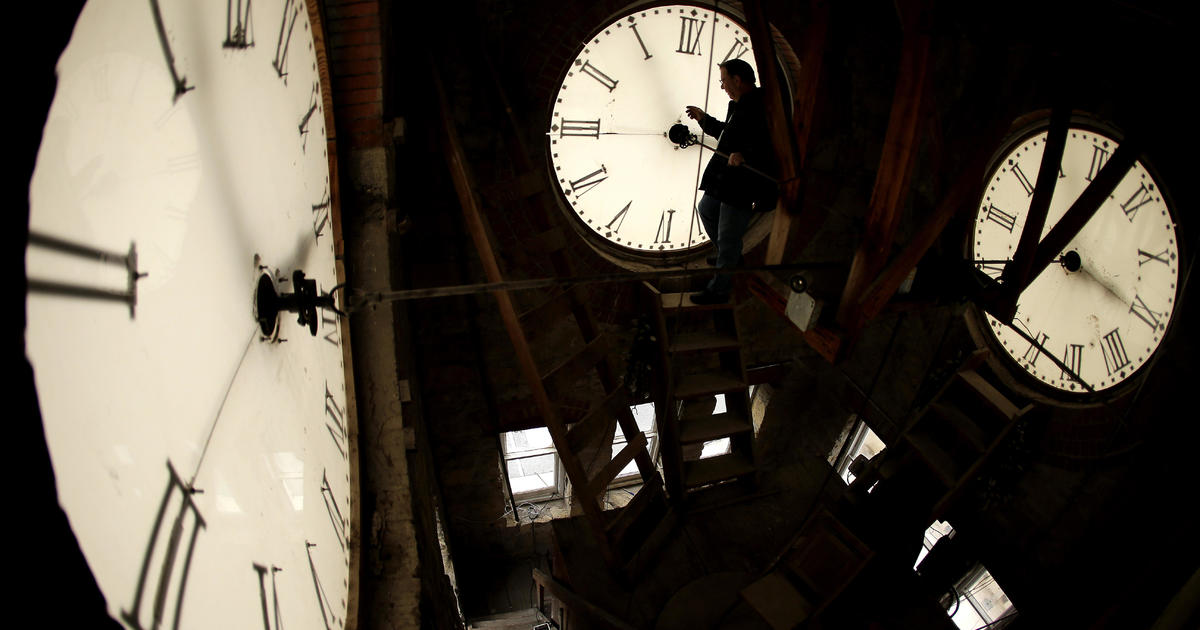- Messages
- 3,415
- Reaction score
- 1,649
- Points
- 108
When people talk about "believing in science" I often wonder what is meant - both by the term belief, and the term science.
Would I say I "believed in" science? I believe, or, I recognize, I observe, I am convinced that, "science" is a useful and effective... uh... thing.
What do we mean by science?
I think people conflate several overlapping and related but distinct concepts when they talk about "science" or "agreeing with/believing/accepting science"
They could be talking about the scientific method (and/or any of the various research methodologies that have developed)
They could be talking about the body of knowledge that has grown from the use of the scientific method
They could be talking about results, like medicine and technology
They could be talking about the researchers - people and institutions that conduct scientific studies.
I found some articles talking about these definitions - they roughly overlap what I said above, but word things differently - more than that, they offer some definitions I didn't and leave out at least one definition I did offer

 scientafic.com
scientafic.com

 www.merriam-webster.com
www.merriam-webster.com
Would I say I "believed in" science? I believe, or, I recognize, I observe, I am convinced that, "science" is a useful and effective... uh... thing.
What do we mean by science?
I think people conflate several overlapping and related but distinct concepts when they talk about "science" or "agreeing with/believing/accepting science"
They could be talking about the scientific method (and/or any of the various research methodologies that have developed)
They could be talking about the body of knowledge that has grown from the use of the scientific method
They could be talking about results, like medicine and technology
They could be talking about the researchers - people and institutions that conduct scientific studies.
I found some articles talking about these definitions - they roughly overlap what I said above, but word things differently - more than that, they offer some definitions I didn't and leave out at least one definition I did offer

The Five Definitions of Science
The word “science” is used in many different ways. As a scientist and a consumer of science, I find it helpful to try to identify which definition of the word people mean when they say “scien…
 scientafic.com
scientafic.com

Definition of SCIENCE
knowledge or a system of knowledge covering general truths or the operation of general laws especially as obtained and tested through scientific method; such knowledge or such a system of knowledge concerned with the physical world and its phenomena : natural science… See the full definition






